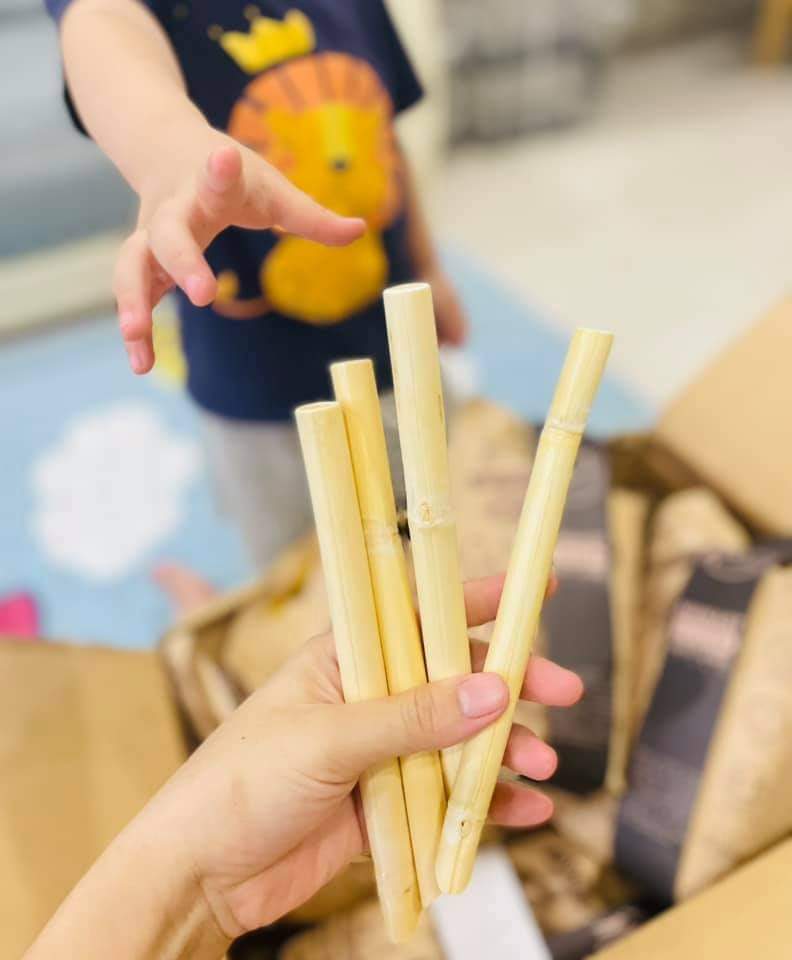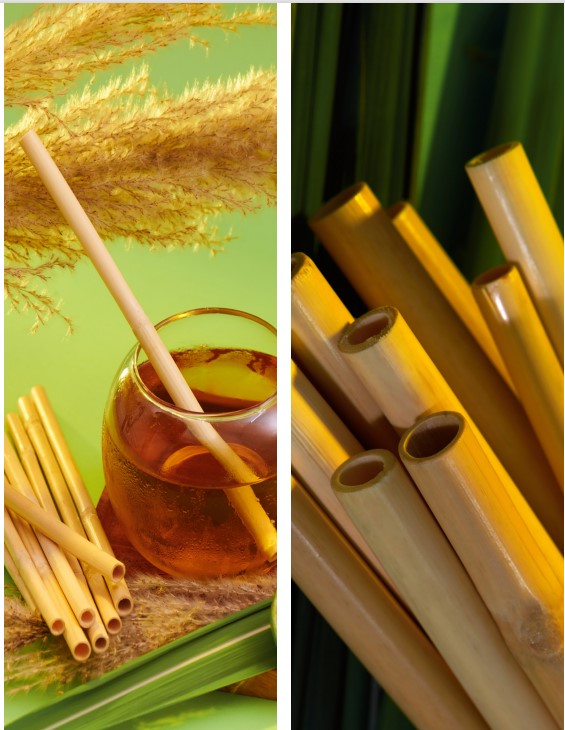Along with grass straws, reed straws are also a good candidate to replace plastic straws. So what do you know about reed straw, is it safe for health, can be reused, …? Let’s find out with Wodagri!
Plastic straws are convenient, but can only be used once, taking hundreds of years to decompose, causing harm to the health of users as well as the environment. With the above major minus points, plastic straws are gradually being replaced by natural and environmentally friendly straws such as grass straws, bamboo straws, rice straws and the latest candidate is reed straws.

Reed is a wild plant, often growing in moist places, river banks, stream banks, lake banks. The trunk is about 2-4m high, upright, hollow in the middle and about 1.5-2cm in diameter, thanks to this feature, the reed trunk is quite perfect for making straws.
Reed stems are harvested, after being dried, they will be cut into pieces about 15 – 21 cm long or at the request of the customer. The reed straws are then left to dry in the open air for two days, until the dryness reaches about 70%. After that, the reed tubes are cleaned and cleared the joint points, this is an important step that determines the quality of the product, so it requires the ingenuity and meticulousness of the maker.
Are reed straws reusable?
This is probably a question asked by many customers. Unlike plastic straws, reed straws are completely reusable. But reuse is only recommended for personal or household use.
You will easily wash it with clean water after use. You should thoroughly clean the inside of the straw to limit the ability of bacteria growing.

Shelf life of reed straws
In fact, the reed straw has a shelf life of about 12 months, during this time, if the user uses and preserves it well, it can be used for a long time.
Note when using reed straw
The product has no preservatives and is handcrafted. In addition, the natural origin will make the straws more susceptible to damage than other types of straws. You should note the following information:
– Store straws in the refrigerator compartment
– Store in a dry place, avoid direct sunlight so that the straws do not crack or crack
– After use, please clean and dry it and store it so that the straws do not get moldy
– Avoid washing straws with chemical detergents such as dishwashing liquid, bleach, etc.
Hopefully with the above sharing, Wodagri has partly helped you understand more about reed straws. If you are looking for a supplier of reed straws for your city, restaurant or hotel needs, do not hesitate to contact us for quality, safe and eco-friendly reed straw products!


 中文 (中国)
中文 (中国)